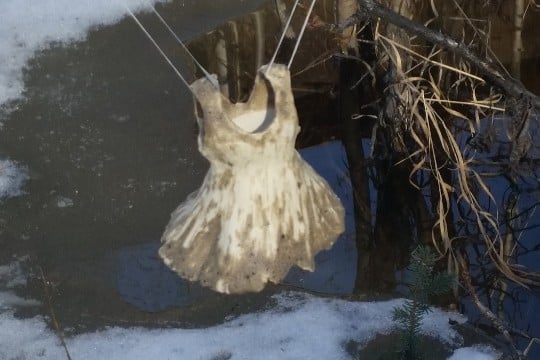It’s always easier to preach to the converted. If I call myself a scientist, others who like that
label might seek me out for a conversation or my opinion on something specific.
From an early age we gravitate towards a science persona, or a literary one, or perhaps one that is sporty, or musical. Whatever area we are drawn to tends to define the things we are interested in and feel comfortable learning about.
On countless occasions I have heard artist friends of mine say they despise mathematics, or that they chose books instead of sport. An opposing sentiment echoes from researchers and scientists I have known, who say with a shrug that they can’t draw, or that they are terrible writers.
But math is exquisitely aesthetic and poetry is supremely precise, and labels do not set the limits of our creativity.
As in nature, there is cross-pollination everywhere and the results are remarkable. There is Dance Your Ph.D., an interpretive dance competition, the Brain-Art Award for the best visualisations of neuroscience, the Synapse Project that links researchers in art and science, books like 30 Days of Quantum Poetry, and The Institute For Figuring which, among many things, is responsible for the crocheted coral reef project that has spanned eight years, five continents, and received crocheted pieces from over 7000 people.
These projects succeed at one the most difficult challenges faced by teachers, advertisers, and politicians: they attract neophytes and build a conversation with new audiences.



